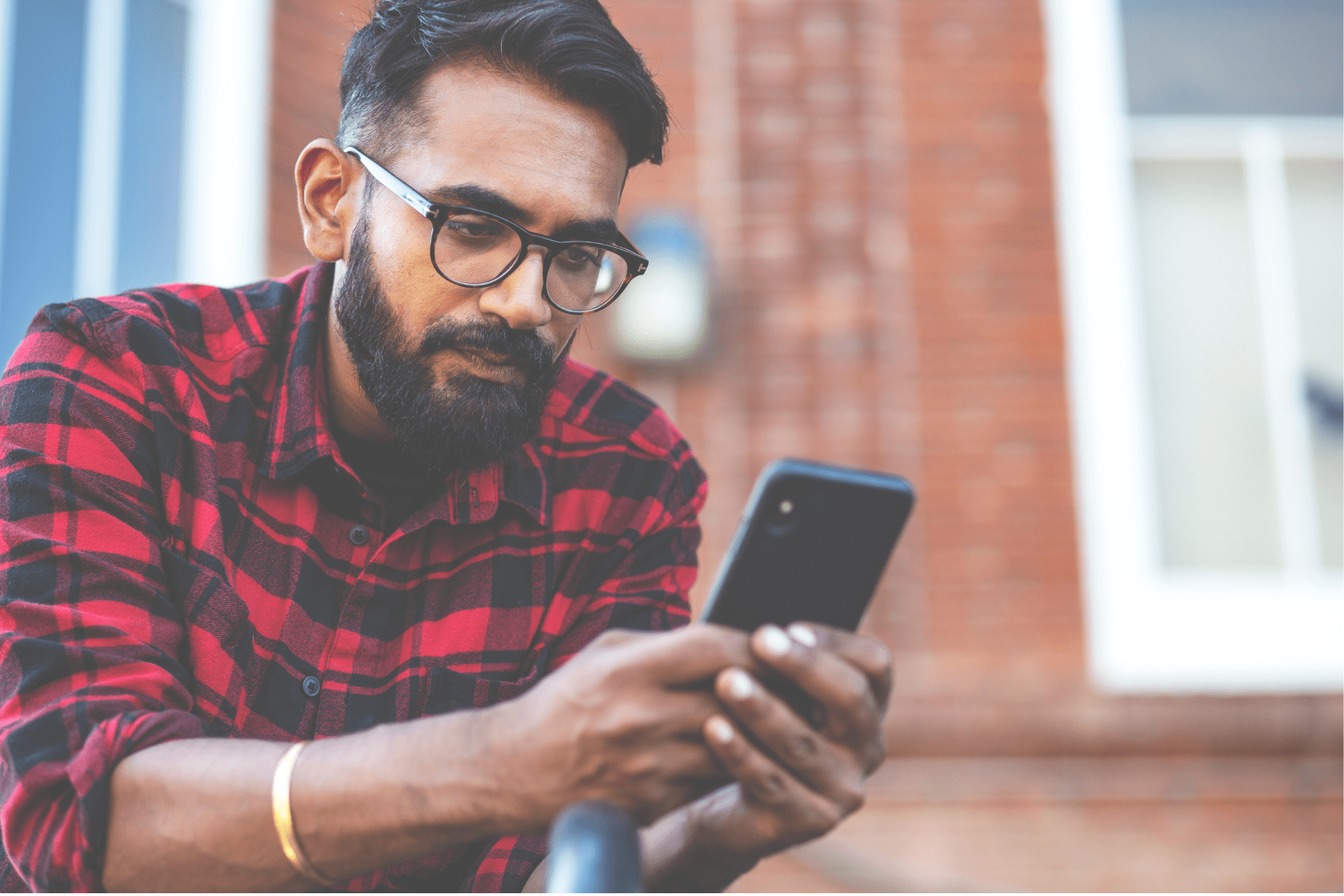The Role of Law Enforcement in the Behavioral Health Care of their Community
Police officers in America do not have the role of rehabilitators for community members, and they certainly are not health care professionals. Instead, their main objective is to respond to crime and protect public safety. Even though they are not directly involved in the rehabilitation treatments, they are critically involved in the lives and behaviors of community members battling a mental or behavioral health issue, and they often have an essential role in the initiation of health care treatment.
Although law enforcement is traditionally measured based on clearance rates and crime reductions, police officers also function as “incidental mental health interventionists” for community members. 7-10 percent of all police encounters involve people affected by mental illness. At these critical moments, police officers often make decisions about how to resolve situations or initiate formal interventions by criminal justice, behavioral health, or social services.
Intervening at the right time
In the years following deinstitutionalization, which resulted in an influx of persons with mental illness into the community, police have become frontline professionals managing crisis situations for these individuals. This, in turn, affects both law enforcement as well as our mental and behavioral health care systems.
The police are often the gatekeepers for community members, deciding whether a person with mental illness that they are interacting with should enter the mental health system or the criminal justice system. As a result, many communities are implementing a variety of mobile crisis teams that comprise both police and mental health professionals.
Connecting residents to resources
Law enforcement connects their residents to community resources, thereby intervening at critical moments. Some of the community resources that police connect people with include:
- Mental health clinicians riding with officers.
- Making citizens aware of essential services such as homeless shelters, addiction treatment, housing, and code enforcement.
- Social workers stationed in police departments.
- Officers linking caregivers to child protection agencies following the arrest of a parent.
- Police, Human Services, and school partnerships to divert low-level offenders to services, including school retention strategies.
Law enforcement + Health care = Law Cares™
In order for police and healthcare to efficiently work together to help community members with social and personal determinants, we must bring people back into a productive lifestyle. Productive lifestyles reduce criminal actions, repeat occurrences, homelessness, unnecessary emergency room visits, and hospital readmissions.
That is where Law Cares comes into play. Law Cares is a human and mobile care coordination program that uses proven behavioral science to support law enforcement and health care teams. Law Cares provides mobile technology to the police and emergency departments, allowing them to quickly and easily inform healthcare case management teams that a person has been picked up who can benefit from a supportive mental health and lifestyle support program.
Each person served by Law Cares benefits from having an interactive mobile case manager in addition to their in-person care needs. Messaging delivered to persons served includes the specific personal and social determinants of the individual, including:
- Basic needs
- Coping and emotional support
- Lifestyle activities
- Community resources
The two-way mobile engagement program uses BehavioralRx®, the science of precision health, to personalize messaging. BehavioralRx has produced positive, evidence-based outcomes in behavioral health, substance use dependency, and other complex conditions. BehavioralRx works to make transitions of care more efficient while reducing gaps in care.
The Bridgeway Rehabilitation Center’s e-HOST Connection program, launched in April 2019, demonstrates Law Cares in action. The program supports SAMHSA youth outreach and initiatives by embedding a mobile care coordinator and life coach for at-risk individuals aged 16-24 living with serious mental illness, emotional disturbance, or co-occurring substance use disorders.
Your e-HOST Connection interfaces between Bridgeway Rehabilitation Services case managers and local police departments and hospitals to enroll persons served into the program and continually message them to assist with health, behavioral health, housing stability and wellness for individuals served.






Find Us Online